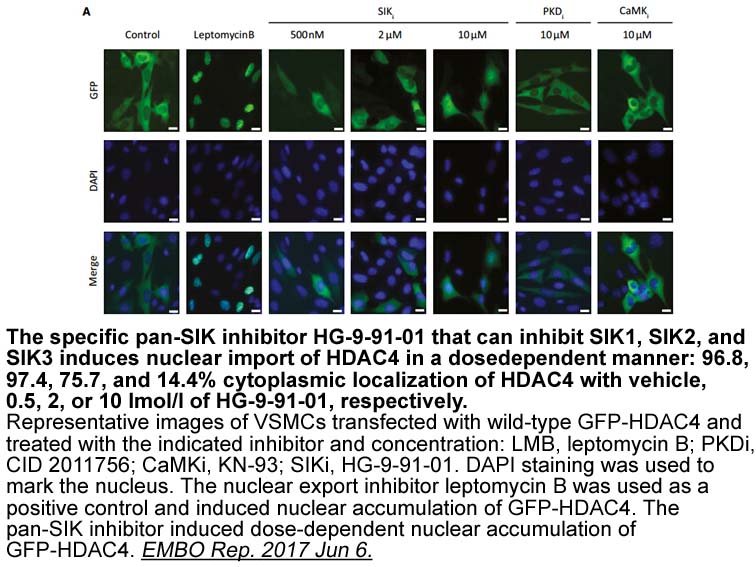Archives
Food insecurity is associated with a range of negative
Food insecurity is associated with a range of negative health outcomes, including poor physical health of infants, low educational achievement among children, mental health issues among adolescents and adults, and nutrient deficiencies (Fox and Cole, 2004). The diets of food insecure individuals and families increase risk for chronic health conditions, including obesity (Fox and Cole, 2004; Seligman, Bindman, Vittinghoff, Kanaya, & Kushel, 2007), diabetes (Seligman et al., 2007), heart disease (Stuff, Casey, & Connell, 2007), high blood pressure (Fox and Cole, 2004) and high cholesterol (Stuff et al., 2007).
While food pantries were designed to provide “emergency”, short-term food assistance, many clients visit pantries regularly (Martin, Wu, Wolff, Colantonio, & Grady, 2013; Weinfield, Mills, & Borger, 2014). Food bank directors and food pantry staff are increasingly looking for ways to address the underlying issues of poverty rather than only give away food (Martin, Wu, Wolff, Colantonio, & Grady, 2013; Saul & Curtis, 2013).
The role of self-efficacy in increasing food security
The national food bank network has grown in numbers and scope over three decades while the prevalence of food insecurity has also risen (U.S. Department of Agriculture, 2015; Feeding America, 2014). Many food pantry clients are not just in need of food, but are also in need of employment with livable wages, additional education, affordable health care, improved affordable housing conditions, mental health services, and affordable childcare (Poppendieck, 1998; Feeding America, 2014). Families facing these challenges likely experience very low confidence in their ability to become self-sufficient.
The Freshplace food pantry intervention in Hartford, CT was designed to address the underlying causes of poverty through a betaxolol approach. Freshplace originated from a collaboration between three community organizations (Foodshare, Chrysalis Center, and Junior League of Hartford) to help residents living in the North End neighborhood of Hartford acquire long-term food security and self-sufficiency (Martin, Shuckerow, O׳Rouke, & Schmitz, 2012). Freshplace strives to offer a more fundamental approach to the problem of hunger, and uses case management, motivational interviewing, and wrap-around services within the greater community to address the root causes of poverty. The history of Freshplace has been described previously (Martin, Shuckerow, O׳Rouke, & Schmitz, 2012). People who attend Freshplace are called members.
Recognizing the obstacles impeding food security, the Freshplace intervention uses Bandura’s Social Cognitive Theory and its core set of determinants to address the problems of hunger and food insecurity (Bandura, 1998; Van Ryzin, Ronda, & Muzzio, 2001). These determinants include knowledge of risks and benefits of health behaviors, perceived self-efficacy, outcome expectations, health goals, perceived facilitators, and social and environmental impediments that may present barriers to achieving health goals.
Self-efficacy refers to an individual’s confidence in their ability to plan and follow through with a series of actions that will result in desired outcomes or achievements (Bandura, 1998). Without a sense of self-efficacy, individuals will not feel compelled to change their behavior, believe in themselves, or persevere through challenges to reaching their goals (Bandura, 2004). Research studies examining the association between self-efficacy and behavior change related to weight loss (Walpole, Dettmer, Morrongiello, McCrindle, & Hamilton, 2013), nutrition (Richert et al., 2010; Anderson, Winett, Wojcik, & Williams, 2010), exercise (Anderson, Winett, Wojcik, & Williams et al., 2010; Williams and French, 2011), and chronic disease management (King, Glasgow, & Toobert, 2010; Lyles, Wolf, & Schillinger, 2013), have demonstrated t he pivotal role of self-efficacy in improving health.
he pivotal role of self-efficacy in improving health.